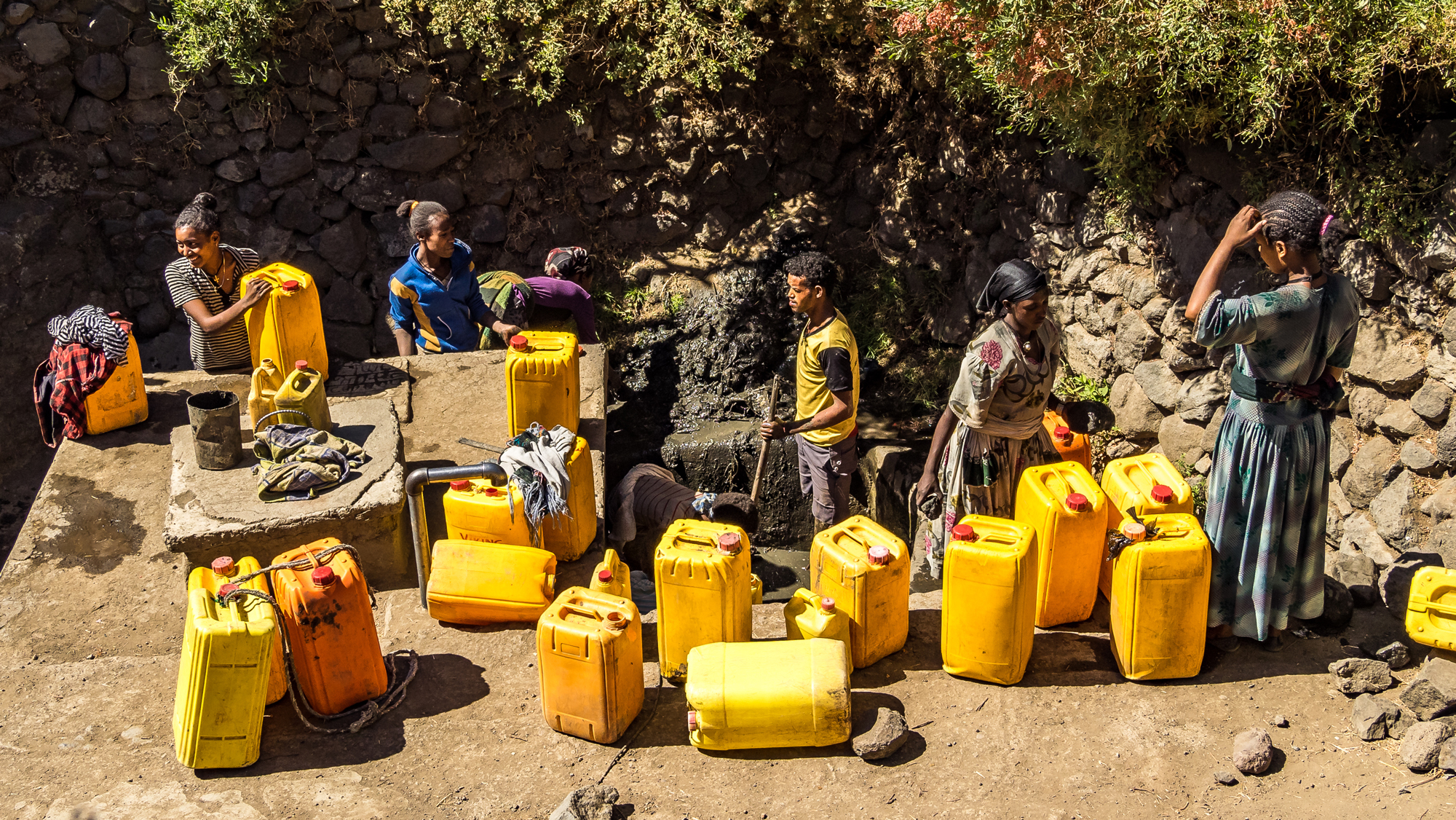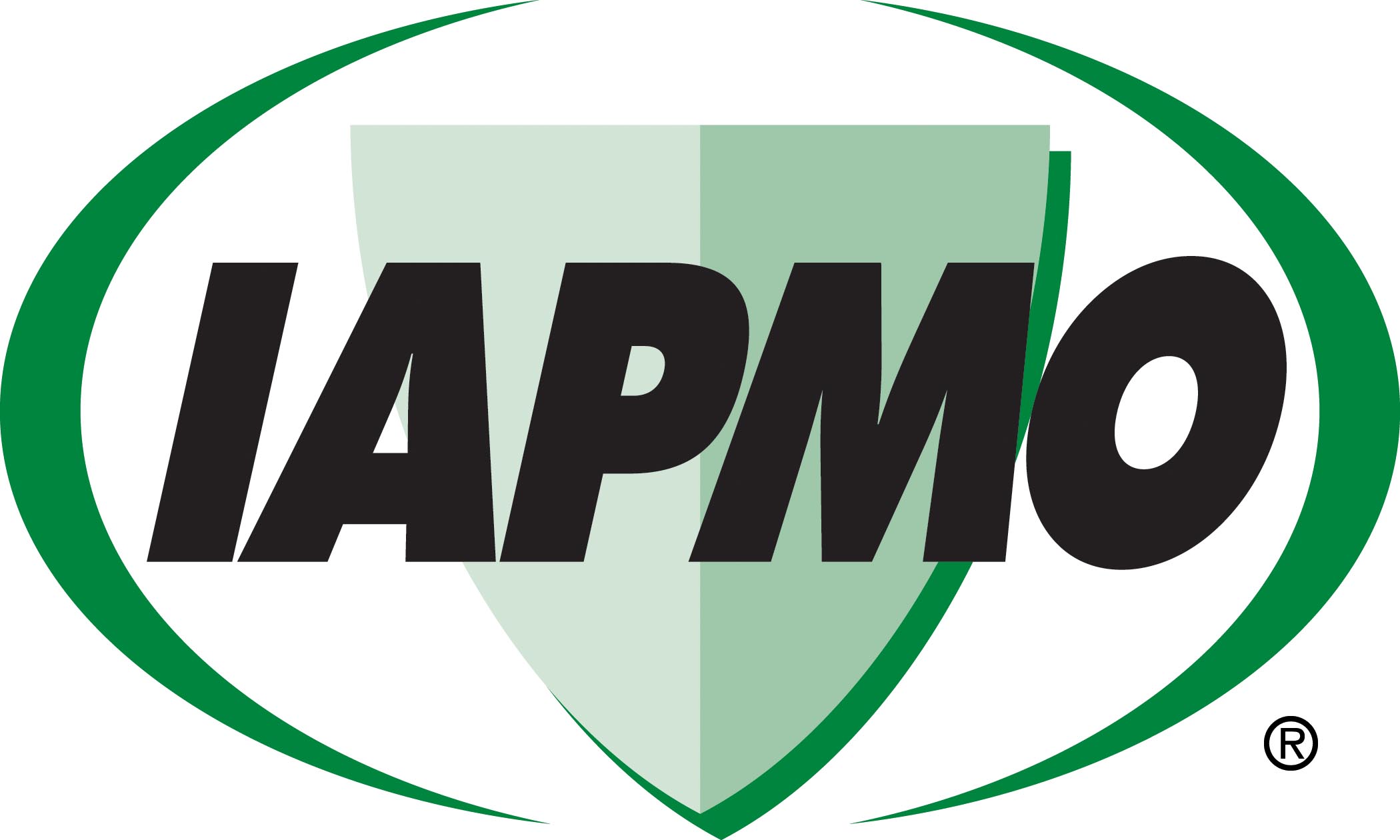
RUNNER-UP 2023 SCHOLARSHIP ESSAY COMPETITION, MARC- ANTHONY DORESTAN, MILLERSVILLE UNIVERSITY OF PENNSYLVANIA, MILLERSVILLE, PA
The International Water, Sanitation, and Hygiene (IWSH) Foundation is an organization dedicated to improving access to clean water, adequate sanitation, and good hygiene practices in communities around the world. The United Nations (UN) has identified these goals as part of its Sustainable Development Goals (SDGs), with the aim of ensuring a sustainable future for all. In this essay, we will explore how IWSH can contribute to the UN’s SDGs and what steps it can take to lead by example.
One of the main ways that IWSH can contribute to the UN’s SDGs is by providing access to clean water and sanitation.
According to the World Health Organization (WHO), around 2.2 billion people worldwide lack access to safe drinking water, and 4.2 billion people do not have access to adequate sanitation facilities. These issues disproportionately affect vulnerable populations, including women and children, and can lead to a host of health problems, such as waterborne illnesses and infections.
IWSH can work to address these issues by implementing water and sanitation projects in underserved communities. This can include installing wells and water treatment systems, constructing latrines and sewage systems, and educating community members on proper hygiene practices. By improving access to clean water and sanitation facilities, IWSH can contribute to SDG 6, which aims to ensure the availability and sustainable management of water and sanitation for all.
Another way that IWSH can contribute to the UN’s SDGs is by addressing issues of inequality and poverty. The SDGs aim to reduce poverty, improve education, and promote economic growth and development, among other objectives. Access to clean water and sanitation is a critical component of these efforts, as it can improve health outcomes and enable individuals to participate in economic and educational activities.
IWSH can contribute to these goals by implementing water and sanitation projects in impoverished communities. This can include working with local governments and community organizations to provide access to safe water and sanitation facilities, as well as promoting hygiene education and practices. By working to address issues of inequality and poverty, IWSH can contribute to SDG 1, which aims to end poverty in all its forms everywhere.
In addition to providing access to clean water and sanitation, IWSH can also work to promote sustainable development and environmental stewardship. The SDGs include a focus on climate action, sustainable consumption and production, and the protection of terrestrial and marine ecosystems.
IWSH can contribute to these goals by implementing sustainable water and sanitation projects that promote environmental conservation and reduce carbon emissions. This can include implementing water treatment systems that use renewable energy sources, promoting rainwater harvesting and other sustainable water management practices, and working to reduce waste and promote recycling in communities. By promoting sustainable development and environmental stewardship, IWSH can contribute to SDG 13, which aims to take urgent action to combat climate change and its impacts.
To best lead by example, the IWSH Foundation can take several steps to ensure that its work aligns with the principles of the UN’s SDGs. One key step is to engage in partnerships and collaborations with other organizations and stakeholders working toward these goals. By working in partnership with other organizations, IWSH can leverage its resources and expertise to achieve greater impact and build stronger, more sustainable solutions.
Another important step is to ensure that its work is inclusive and equitable. This can include engaging with community members and local leaders to understand their needs and priorities and working to ensure that the benefits of its projects are distributed fairly and equitably. Additionally, IWSH can prioritize the inclusion of women, children, and other marginalized groups in its programs and activities, ensuring that they have access to clean water and sanitation facilities and promoting their participation in decision-making processes.
A different way in which IWSH can contribute toward the SDGs is through its efforts to improve access to clean water and sanitation. According to the United Nations, access to safe and affordable drinking water and sanitation is a basic human right. However, millions of people around the world still lack access to these essential services, with devastating consequences for their health and well-being. In particular, lack of access to clean water and sanitation can lead to the spread of waterborne diseases, such as cholera and dysentery, which can be deadly.
IWSH can help address this problem by promoting the development of sustainable water and sanitation systems in underserved communities. For example, the foundation could provide funding and technical assistance to help communities build wells, install water filtration systems, and construct sanitary
latrines. In addition, IWSH could collaborate with local organizations and governments to develop sustainable water and sanitation policies and practices that can be scaled up to benefit more people.
Moreover, the foundation can help support the United Nations’ efforts to combat climate change, which is a critical challenge facing the world today. The effects of climate change are already being felt in many parts of the world, from rising sea levels to more frequent and intense heat waves, floods, and droughts. These changes are having a profound impact on ecosystems, economies, and communities, particularly in the developing world. IWSH can play an important role in mitigating the effects of climate change by promoting sustainable practices and technologies that reduce greenhouse gas emissions and help communities adapt to the changing climate. For example, the foundation could support the development of renewable energy systems, such as solar and wind power, and promote energy efficiency measures in homes, businesses, and public buildings. Additionally, IWSH could help communities develop adaptation strategies that build resilience to the impacts of climate change, such as by promoting sustainable agriculture practices and improving water management.
To best lead by example, IWSH could adopt sustainable practices in its own operations and activities. For example, the foundation could strive to reduce its own carbon footprint by implementing energy-saving measures in its offices, adopting sustainable transportation practices, and minimizing waste through recycling and composting. In addition, IWSH could promote sustainability in its programs and projects by integrating sustainability considerations into its project design, planning, and evaluation processes. This would help ensure that the foundation’s efforts to improve access to water, sanitation, and hygiene are carried out in a way that is environmentally sustainable and socially responsible.
Nonetheless, there are challenges that IWSH may encounter as it seeks to contribute to the SDGs and lead by example. One challenge is the need for financial resources to carry out its programs and initiatives. As a nonprofit organization, IWSH relies on donations and grants to fund its activities, which may be limited and subject to fluctuations. To overcome this challenge, IWSH could seek to diversify its funding sources, such as by partnering with businesses, foundations, and governments that share its goals and values.
Another challenge is the need to ensure that the foundation’s efforts are culturally appropriate and responsive to local needs and contexts. Different communities have different cultural norms, beliefs, and practices that may affect their attitudes toward water, sanitation, and hygiene. To address this challenge, IWSH could collaborate with local organizations and community members to better understand the social, cultural, and economic factors that influence water and sanitation practices in different contexts. This would help ensure that the foundation’s efforts are sensitive to local needs and priorities and are more likely to be sustainable over the long term.
In conclusion, IWSH has a significant role to play in contributing to the United Nations’ Sustainable Development Goals. By focusing on SDGs 3 and 6, IWSH can provide access to basic necessities such as clean water and sanitation, and by focusing on SDG 17, IWSH can collaborate with other organizations to maximize impact. To best lead by example, IWSH can implement sustainable practices in its own operations, demonstrating the effectiveness of these practices and inspiring others to adopt them. By working toward the SDGs, IWSH can help build a more sustainable future for all. Nonetheless, it is important to recognize that achieving these goals will require sustained effort and commitment, and that progress will need to be monitored and evaluated to ensure that these efforts are making a meaningful impact.
ESSAY COMPETITION
More than a decade ago, IAPMO’s Board of Directors recognized how important it is to encourage the next generation to become active in our industry. In this industry are engineers who design the system, those who install and maintain it, others who manufacture products within that system, and those who inspect it. Although there are tried and true ways of doing this, innovation plays an important part in making sure new technologies and ideas are considered.
Introducing students to our important work is vital, and the essay competition is just one way IWSH is doing this. It’s been through the essay scholarship competition that students around the world have learned about IWSH and shared their innovative ideas with IAPMO and the foundation.
The IWSH Essay Competition was administered for its 13th year in 2023 and continues to gain exposure globally. The number of entries once again eclipsed the previous record set the preceding year. Using a numerical scoring method, the essay committee members identified a first-place winner and three runners up.
This year’s question asked students: “How can IWSH contribute toward the United Nations’ Sustainable Development Goals and what can the foundation do to best lead by example?”
We look forward to your being able to read the winners in this and upcoming issues of Official.
The three writers selected — three $1,000 runners up and $2,000 first-place winner — are:
First Place: Calvin Cao, Western University, London, Ontario, Canada
Runners-Up: Marc-Anthony Dorestan, Millersville University of Pennsylvania; Aleksander Penkov, Hannibal-La Grange University, Bulgaria; Seanna Kryger, George Brown College, Toronto, Ontario, Canada
Each of the winning essays will be published in Official magazine over several issues this year. Congratulations to all of our winners!
IAPMO wishes to thank everybody who submitted an entry and raised the level of this competition to something truly exceptional.

IAPMO
IAPMO develops and publishes the Uniform Plumbing Code®,the most widely recognized code of practice used by the plumbing industry worldwide; Uniform Mechanical Code®; Uniform Swimming Pool, Spa and Hot Tub Code®; and Uniform Solar Energy, Hydronics and Geothermal Code™ — the only plumbing, mechanical, solar energy and swimming pool codes designated by ANSI as American National Standards — and the Water Efficiency Standard (WE-Stand)™. IAPMO works with government, contractors, labor force, and manufacturers to produce product standards, technical manuals, personnel certification/educational programs and additional resources in order to meet the ever-evolving demands of the industry in protecting public health and safety.
Last modified: June 11, 2024
